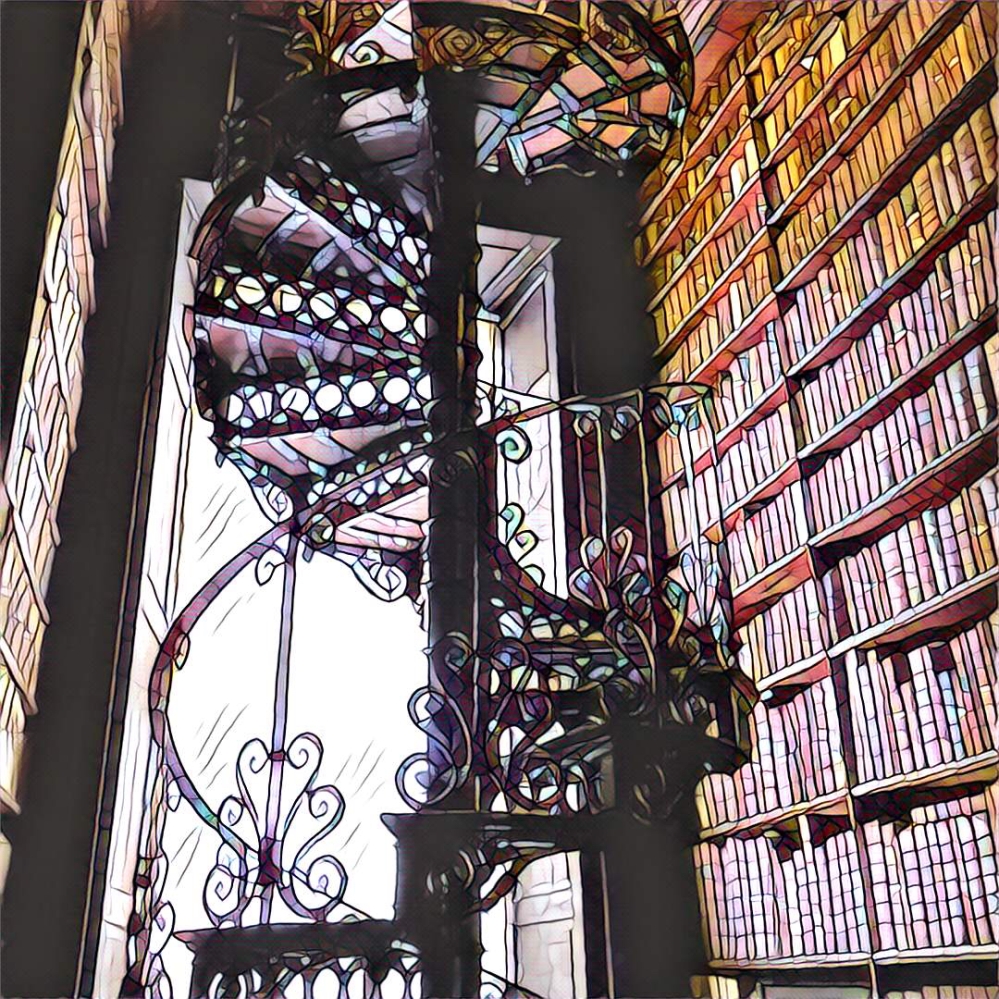
Cancer is an awful scourge that makes people we love suffer. The rat-bastard disease rips people we love out of our lives. Stupid cancer makes people into angels when we aren’t ready to let them go, when we should be with them. Nobody likes cancer. It makes people worried. And sad. And mad. And scared.
Charlatans and money grubbers who prey on the fears and hopes of people with cancer–and I’m including family and almost-family as having cancer because cancer is a “we” disease–those cons suck almost as much as cancer sucks. Maybe more.
Cancer is indiscriminate. It doesn’t select hosts based on age, gender, race, religion, income, social status or whether you prefer the Yankees or the Red Sox. The predators actually do focus on the victims. The saddest. The most fearful. Those who are desperate. Maybe they are worse than cancer. They have intention.
I read a NYT piece about drug companies that are selling their wares directly to sick people. The author of the article was triggered by the sunny promises of a better cancer through, in this case, immunotherapy. I get how gutted the surviving spouse felt by seeing the skewed promises of a therapy that might help a little. Or maybe not at all. And to the grieving family, I am so very sorry for their loss and the “cheery” reminder of their anguish via a TV commercial during a sporting event.
I am in riotous agreement that the direct to patient marketing of drugs is ugly. It sells us solutions that many of us do not have the ability to evaluate. And it interrupts the relationship with caregivers.
When I was diagnosed with cancer, people who knew me well, and some who knew me less well, would nod and smile and opine about my internet research learning all the ins and outs of the disease and the treatment. I couldn’t share the nod. Instead I shook my head.
Like my two weeks on the internet would make me know more than a board certified oncologist and otolaryngologist who were professors at the medical school? I dunno. Didn’t make sense to me. I made the decision that my medical team was as good as I could get, given the hand I was dealt.
I decided to trust the experts.
Now, if I thought they were bozos, I would not. But then why would they be my doctors? I live in a major city. I have choices–including five major cancer treatment centers. My guys were smart, compassionate and great communicators. They presented options. I asked a bunch of questions. The Spouse asked plenty. Even the Big Guy chimed in. I quickly made a choice of treatment that made sense. This was really hard because the cancer made no sense, making the sense-making itself inimical. And dammit, Jim, I’m DocThink not Doctor of Medicine. I studied as best I could, and then selected their recommendation. I threw in with them.
For me, it turned out okay. For my friend K, it didn’t. For my friend T, it did. For my other K friend, we’re thinking it will. For my MIL, no. For my Dad, yes (it wasn’t C that took him). For M, yup. I’m sure that you can add your own set of initials to the tally.
But here’s my thing. Looking at the comments on the NYT post disparaging the blood-sucking, players-of-people’s-worst-fears-for-money drug companies, there is a significant thread of people hating ANY cancer treatment. Chemo = bad. Radiation = criminal. Surgery = butchery. Immunotherapy = mumbo jumbo.
But these therapies have worked for many of us. Either getting rid of the shitty cancer, or giving people time in months or years with their families. I am terrified that people will reject the expertise of people–doctors, nurses, scientists–who are trained and committed to curing or, if that’s not possible, ameliorating cancer.
My doc told me that he had three goals for my treatment. 1. Keeping me alive. 2. Ensuring the best quality of life. 3. Making me look as good as possible. In that order. He did all three. He presented me a novel treatment that would not have been in the internet results. But he had a robot and he wasn’t afraid to use it. And I believed in him, as he believed in me.
The science and the practitioners aren’t the bad guys. They’re not perfect. They’re the first responders, fighting the terrorism of cancer with us. Not against us. Let’s call out anyone who’s taking advantage of us, but let’s not put a single blanket of shame on the entire medical profession. We can trust science, and verify as well as we can. And may the odds be ever in your favor.

I (too) trusted my onc. I would and did trust him with my life. Thankfully I am alive. I am doing well. Finishing maintenance. Praying to stay in remission as long as I can.
Yes chemo and radiation can cause secondary cancers. The truth is – if cancer wants to kill you – it will. Until the miracle cures of all miracle cures exists I will trust my docs. I suspect those who eschew any all treatment have not stood face to face with cancer.
Science get you some. #theycantkillus
LikeLiked by 1 person
Girl, as much as them bastards try, #theycantkillus. Love you more. xoxoxoxo
LikeLike
Love you more!
LikeLiked by 1 person